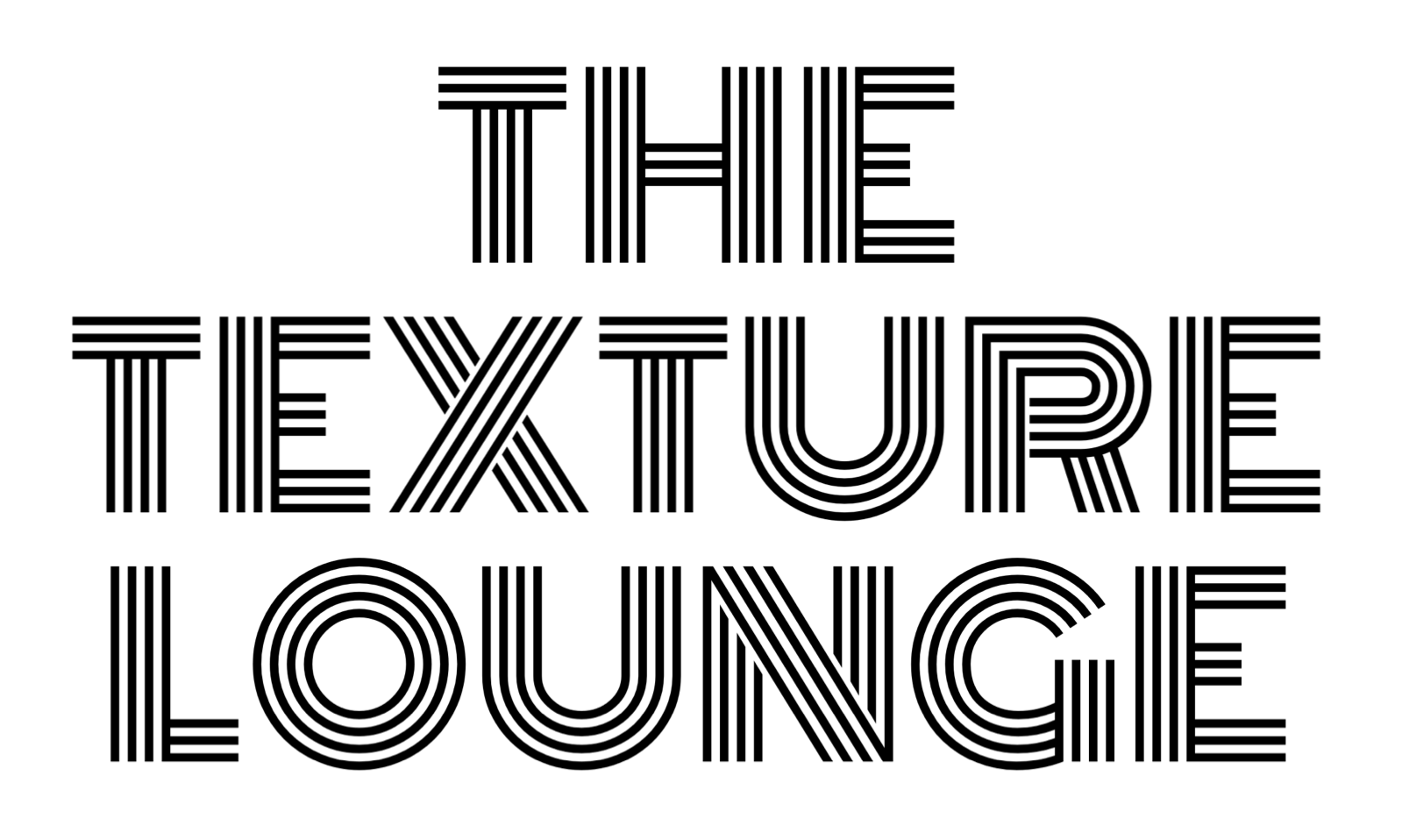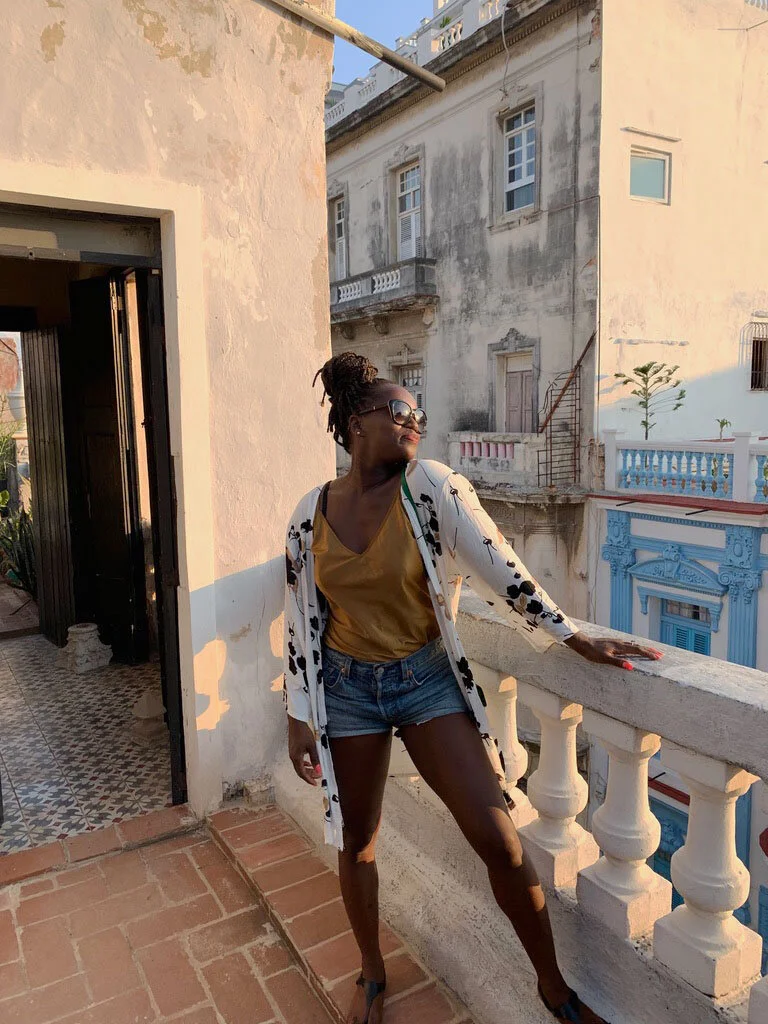Episode 10 | Say My Name
“SO I WENT HOME AND ASKED MY MOTHER IF I COULD BE CALLED ZOE. I REMEMBER SHE WAS COOKING AND IN HER NIGERIAN ACCENT SHE SAID “WHY”? I SAID, “NOBODY CAN PRONOUNCE IT.” WITHOUT MISSING A BEAT, SHE SAID, “IF THEY CAN LEARN TO SAY TCHAIKOVSKY AND MICHELANGELO AND DOSTOYEVSKY, THEY CAN LEARN TO SAY UZOAMAKA.”
THE BEAUTY BEHIND OUR NAMES
School. Airports. Government buildings. Financial institutions. Social circles. The same awkward beginning…
Ms……….? [insert silence that lasts a solid 5-10 seconds]
Back in primary school days, our form teacher would take the register by calling each students’ name and we would respond with “Yes, Miss!” or “Present.”
When she got to my name, the silence and distorted look on her mouth was my cue.
“Yes, Miss.”
Yup. That was me, responding to the silence. I did not even let them try. In retrospect, one could say I was saving them. I was unknowingly protecting them from their own embarrassment while heightening mine.
Let me clarify.
No, my name never embarrassed me.
The act of constantly having to save these literate souls on a daily basis was what did it.
And in retrospect, I am now embarrassed that I felt it was my responsibility to take it upon my younger self to save them from failing in pronouncing my full name correctly.
I love the quote I chose to preface this article with. I first read it years ago and it has stuck with me since. It’s from American born Nigerian actress, Uzo Aduba whose heritage reigns from Nigeria’s Igbo tribe. Me being a Nigerian-Brit, I can tell that just by looking at her name. Just like many Nigerians will know mine is from the Yoruba tribe. That is the beauty behind our names. The sound of our names are like dropped pins on Google Maps. A navigation tool that traces back to the very countries, cities, towns, villages, tribes and our ancestral clan.
Our names have deep prophetic meanings.
In most cases, to be African means the names that have been chosen for you (and I have twenty-five), have been chosen for you for a reason.
Never because it “sounds nice”. We believe our children grow up to live up to the meaning of their names. A literal prophesy and storytelling of what one’s life will look like without waiting for the child to exhibit the tendencies.
So yes. My name is Oluwatumininu, meaning God comforts me. My dad calls me Tumininu and my husband sometimes chooses to use his full mouth to pronounce my full name, but mostly, I go by Tumi. A shortened nickname given to me by my family and certainly not by those outside of my culture who were not bothered to try. That privilege does not fly with me. They, can refer to me as Oluwatumininu until I say otherwise.
In my frequent travels through airports, one flick of my passport often results to a request from customs officers to pronounce my name for them, as though it is some kind of game. To which I now respond:
You pronounce it. Give it a try. Break it up into little pieces.
Just like that and unapologetically, I push the challenge back onto their plate (and give my younger self a wink across the classroom during registration).
80% of the time, they will try. And more often than not, they do get it close-to-right. It is only then that I choose to educate or slowly pronounce my name for them to finesse the detail and so they hear the sonic peaks and dips in all the right places.
This very afternoon, I was on the phone with my UK bank. I went on to confirm all the answers to my security questions, including my full name, to which the customer service representative responded:
And…what should I call you?
My response:
My name.
Of course, he went on to butcher my last name (Soyinka), which happens to be shorter than my first, so most prefer to tackle that one thinking it is easier. But still get it wrong.
In a few months time, I will be changing my last name to my husband’s (Brooks) and by doing so, I will be making a whole lot of social introductions a breeze because most will clutch unto Mrs Brooks easily than Oluwatumininu Soyinka.
Saying that, I cannot tell you how glad I am to still have Oluwatumininu as a nod to my heritage.
This is all to say. No. Don’t dilute our rich, textured stories and the beauty behind our names.
You can’t call me Olu, Nina, or anything else, unless I offer it to you.
You cannot request to sub out my name for one familiar to you, just because it is easier for your tongue.
I challenge you one thing.
Next time you come across a name unfamiliar to you, make an effort to pronounce it.
Break it up into smaller pieces. Ask them where it is from and what it means.
They will appreciate your effort.
From here on,
Oluwatumininu Adebimpe Ajoke Aderinola Soyinka
Oluwatumininu
Pronounced: Olu-wah-too-me-nee-noo
Meaning: God comforts me
Adebimpe
Pronounced: A-day-bim-pay
Meaning: The crown is complete
Ajoke
Pronounced: Ah-joh-keh
Meaning: To be pampered by all
Aderinola
Pronounced: A-day-ree-ola
Meaning: The crown walks in wealth



